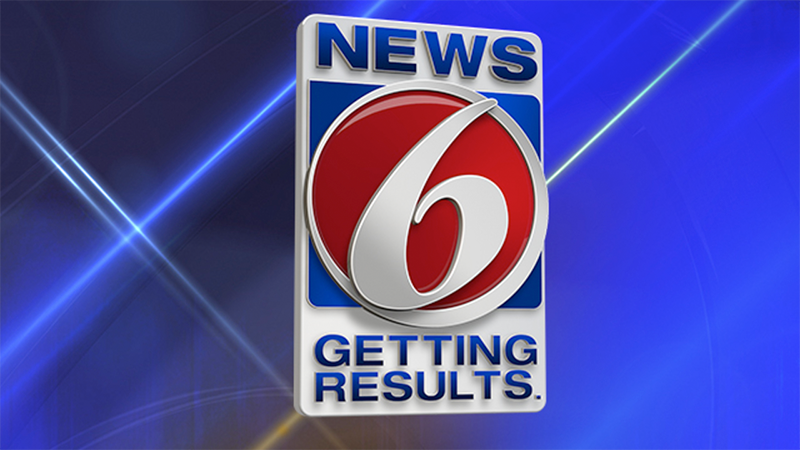ORLANDO, Fla. – Florida has a list of laws that control who can own a gun and under what circumstances. The state also has a list of laws that say under what circumstances someone can’t carry a gun. Most intertwine.
For the most part, anyone has the option to own a firearm as long as they pass a background check and are of age. In Florida, you have to be 21 to own a handgun.
Recommended Videos
Though Amendment 2 in the U.S. Constitution gives every citizen the right to bear arms, there are laws that give the nation and state the right to remove one’s ability to own a firearm.
Federal law prohibits the purchase or possession of a gun by people who fall within certain categories. Those categories include convicted felons, domestic abusers and people with specific kinds of mental health histories.
These prohibitions are specifically outlined in the Gun Control Act of 1968. The law states one cannot sell a gun to a person who has been convicted or under indictment of a crime that’s punishable by imprisonment for more than a year. Those who are also dishonorably discharged from the military, people under a restraining order from harassing or stalking a partner, or those who have have been convicted of a misdemeanor offense of domestic violence also fall under that federal law.
That means if at any time, you have a restraining order against you for stalking an ex, you can lose your right to bear arms.
State law
In Florida, the law restricts access to guns by felons. Anyone who commits a felony can have their guns legally taken away by the state.
Some of these felonies include being arrested for a DUI, leaving the scene of a crash, aggravated assault, burglary and the like.
In Florida, anyone 21 or older has a right to own a conceal and carry license (Fl Stat. s. 790.06.). That means a person has a license to carry a gun.
The Department of Agriculture and Consumer Services is the agency responsible for issuing these licenses. There are more than 10 requirements for obtaining a license. If you do not fall under one of those requirements while you own your license, your license can be revoked.
The most common requirements that can infringe one’s right to conceal and carry include being a convicted felon, a conviction of a controlled substance crime, habitually and chronically using alcoholic beverages, if one has been committed to a mental institution, or sentenced for a crime of domestic violence within the past three years.
If one does not meet the requirements to conceal and carry in the state of Florida, then they are likely not allowed to possess a firearm, to begin with.
Florida also recently passed the Marjory Stoneman Douglas High School Public Safety Act. In that law, there’s the Risk Protection Order Act. It’s been dubbed Florida’s “red-flag law.”
Text in the law serves to prevent gun violence and allow law enforcement officers to react to “red-flags.” It allows police or family members to petition the state court to order the temporary removal of firearms from a person who presents a danger to others or themselves. An example would be if a person makes a credible threat of violence, then police can take away their gun.
These risk protection orders are temporary and can’t last longer than a year. So your gun can be taken away from you, but eventually returned.
The law cites a list of examples that could give law enforcement officers a reason to remove one’s right to own a firearm that includes reckless use of a gun, a threat of violence involving a gun or any weapons, or the recurring use of physical force against another person.
This law is also broad and open for interpretation for the sake of safety.
For a list of Florida statutes related to gun ownership, click here.
